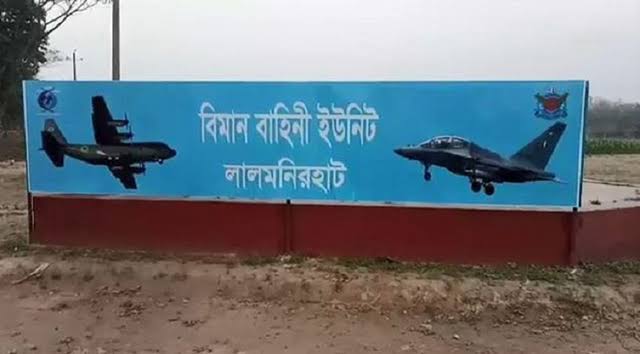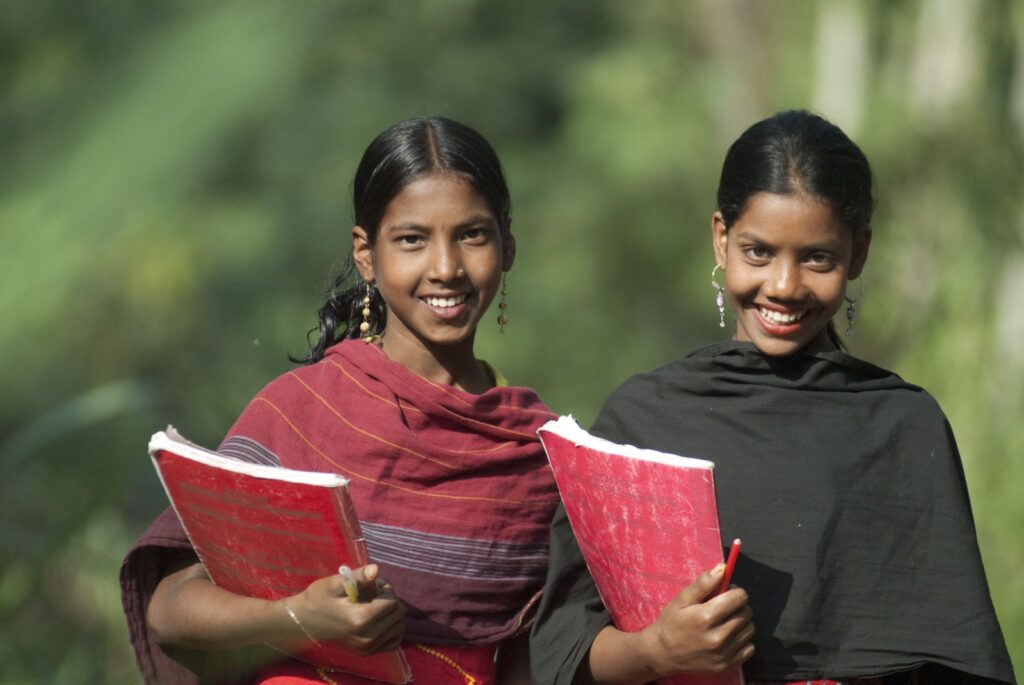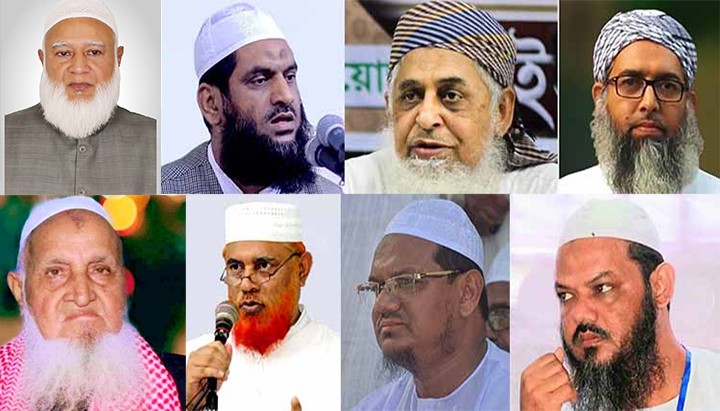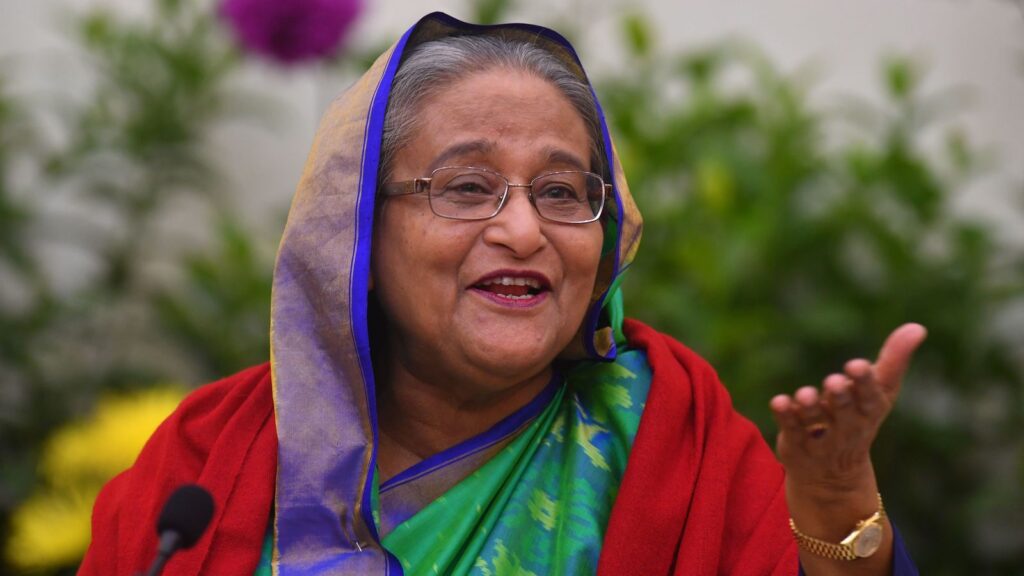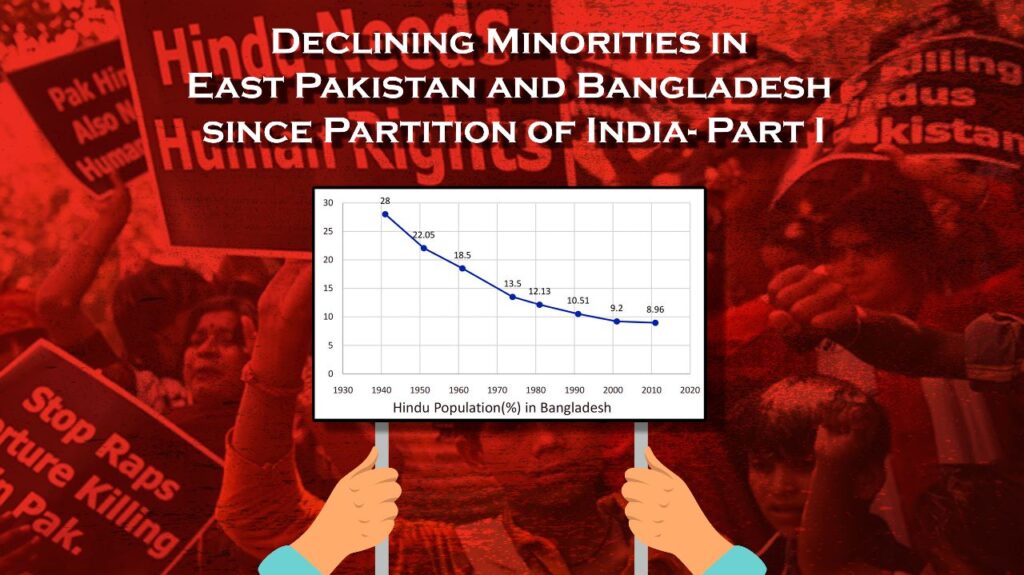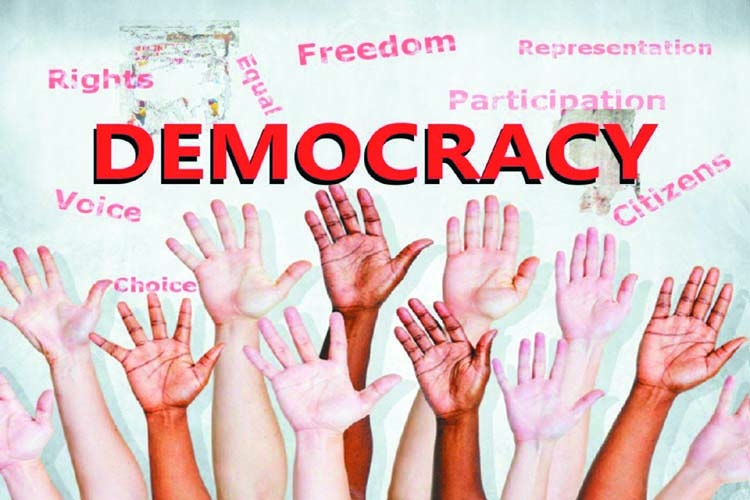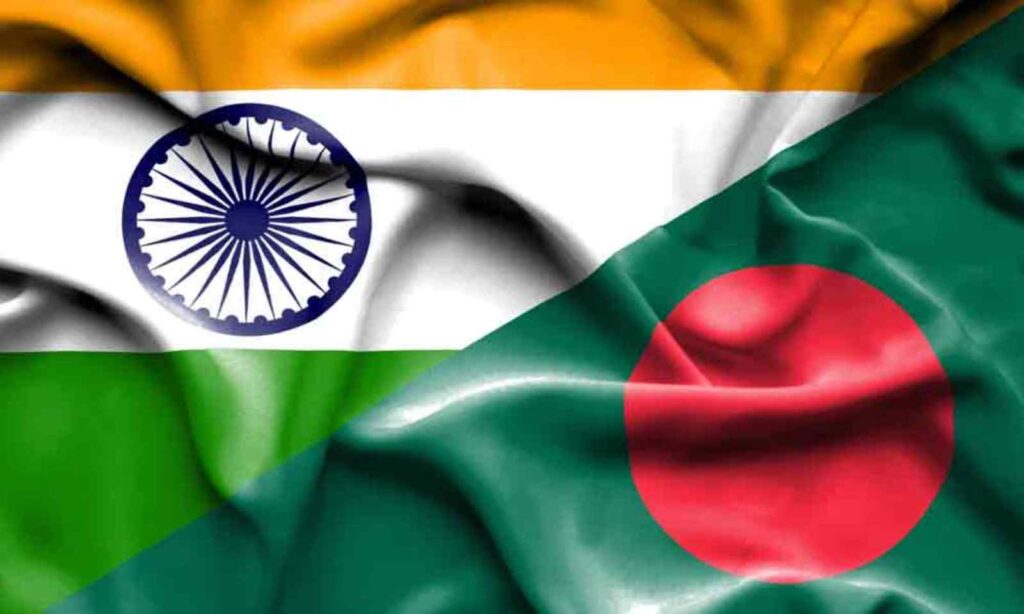Lalmonirhat Airport: Derelict Past to Beaming Future
Drona Bandyopadhyay The very name ‘Lalmonirhat’ is quite curiously riveting name of a place or district. There are several historical explanations behind the origination of this particular queer nomenclature. One common thing among all the available explanations is popular commissioning of ‘Lalmonirhat’ is relatively not very ancient. I have first come to know about Lalmonirhat in my early adoloscence while reading a short story called ‘Bhondul Mamar Bari’ written by celebrated Bengali litterateur Bibhutibhushan Bandyopadhyay. Since then Lalmonirhat has occupied a distinct place in my personal horizon of virginal fantasy and academic excitement. In recent years Lalmonirhat has come in news headlines due to its immense potential to emerge as a major aviation centre of not only Bangladesh but also in entire Indian subcontinent. We all know that Lalmonirhat is one of the four northernmost districts of Bangladesh. The other three districts are Panchagarh, Nilphamari and Kurigram. Before 1984 when nation-wide administrative decentralization was executed, Lalmonirhat was part of greater Rangpur district. Lalmonirhat is famous for its large aerodrome. It was built in 1931 as a military airbase. During the Second World War (1939-1945) the Allied Forces used it as a forward airbase for its operations in Burma (now Myanmar) and other countries of southeast Asia. Presently Lalmonirhat aerodrome is under the possession of Bangladesh Air Force (BAF). The BAF has an active Care and Maintenance Unit in its premises for many years. The airstrip of Lalmonirhat has 1,166 acres of land in its official possession and 4 kms long runway, huge tarmac, hanger and taxiway. Due to its huge land possession and exceptionally long landing strip Lalmonirhat airbase is the largest aerodrome in the Indian subcontinent and second largest in Asia. During the Pakistan period the Pakistan Civil Aviation Authority started flight operations in 1958 but due to lack of response from the adjoining region and relative backwardness of the same air services were stopped within few years. After the independence of Bangladesh in 1971, the newly formed Bangladesh Air Force decided to establish the Headquarters of it at Lalmonirhat airport. But it could not be materialized. Some of the political analysts in Bangladesh opine that the Govt. of India opposed the plan strongly and under Indian pressure nascent Bangladesh succumbed and abandoned the decision completely and as an alternative the Govt. of Bangladesh chose the Dhaka cantonment at Kurmitola as Headquarters of BAF along with that of Army. The rationale provided by those political analysts who hold this view is close geographical proximity of the Lalmonirhat airport to Indo-Bangladesh border and unavoidable usage of Indian airspace while landing and takeoff of aircrafts at this airport. Even without accepting the afore-mentioned role of India in abandonment of Lalmonirhat airbase by Bangladesh authorities since 1972 it can be construed that the very location of Lalmonirhat airstrip is extremely significant and sensitive from geo-strategic point of view. Hence it has a huge strategic importance in the entire subcontinent. The Lalmonirhat airport having geographical location of 25⁰ 53’ 15’’ North and 89⁰ 25’ 59’’ East, LLJ as Airport Code and VGLM as ICAO (International Civil Aviation Organisation) designation, has emerged as a critical fulcrum of trans-national hub of air connectivity. It is utterly regretful to keep Lalmonirhat airport unused and unutilized for more than seven decades. To be particular, after the end of Second World War in August 1945 the airport has been lying inactiveexcept for a short span of time from late 1950s to early 1960s. In the line of idle chronology the BAF has established an agricultural farm and cattle-breeding farm in 1983 in the abandoned land of the airport. But it cannot be a prudent alternative to proper utilization of untapped potentials of an airfield whose nearest Bangladeshi counterpart is located 54kms away at Saidpur and nearest Indian one is located 49kms away at Cooch Behar. In the recent decadesthe Lalmonirhat district and its adjoining areas have emerged as a developing economic hinterland of this airport. The commercial cultivation of tea, orange and dragon fruits has become lucrative and the bulk of production are exported abroad. In 1990 the BSCIC (Bangladesh Small and Cottage Industries Corporation) has established an industrial estate on 15 acres of land in which 36 factories have been started of which 11 remain functioning. Flour, wooden furniture, cotton textile, processed polymer are produced from these production units. The establishment of this small industrial estate is a remarkable step in fomenting industrialization in northern Bangladesh, popularly known as North Bengal. In 2001the BEPZA (Bangladesh Export Processing Zone Authority) has established an export processing zone (EPZ) in Sangloshi of Nilphamari district. It is known as ‘Uttara EPZ’ and located only about 80 kms away from Lalmonirhat airport. The Uttara EPZ has 213.66 acres of allotted land in which 180 industrial plots are demarcated for private industrial production. At present 138 plots have been developed. This Uttara EPZ is another notable project to encourage export-oriented industrial growth and employment in North Bengal. In this positive atmosphere of economic development the Lalmonirhat chapter of FBCCI (Federation of Bangladesh Chambers of Commerce and Industries) has seriously called for reopening and reoperationalisation of unutlised Lalmonirhat airport to encourage regional commerce and connectivity. Bhutan has also expressed its willingness to use the Lalmonirhat airport for passenger and cargo services. But there are some trans-border complexities over the usage of airspace. The Indo-Bangla border land ports like Banglabandha, Burimari, Sonahat, etc. are well connected with Lalmonirhat airport. Hence the Indian business entities can also use this airport for trans-national trade and commerce as Bagdogra and Guwahati airports are over-utilised, Cooch Behar airport has no determined prospect and Rupsi airport in Kokrajhar district of Assam has limited facilities. Moreover Bangladesh has a great strategic location. It bridges between Indian subcontinent and southeast Asia. The country can also become a hub of international air connectivity. The present world is experiencing steady expansion of aviation services. It is a global trend nowadays. The Asia-Pacific region is expected to become the largest air-travel market in the …
Lalmonirhat Airport: Derelict Past to Beaming Future Read More »

